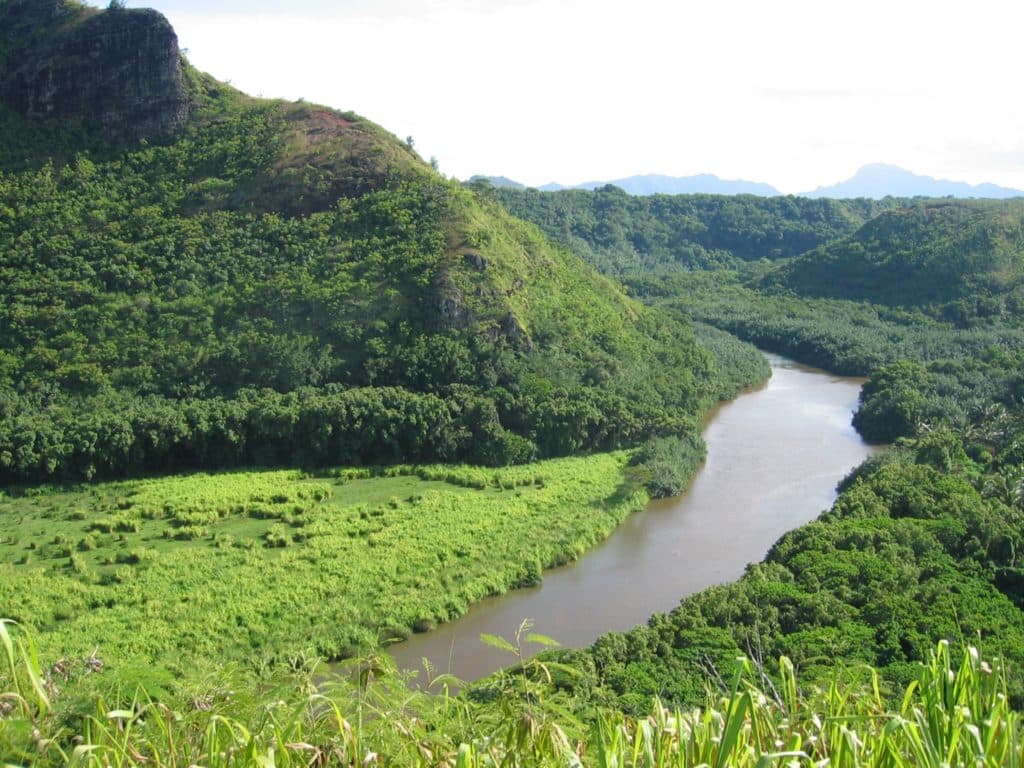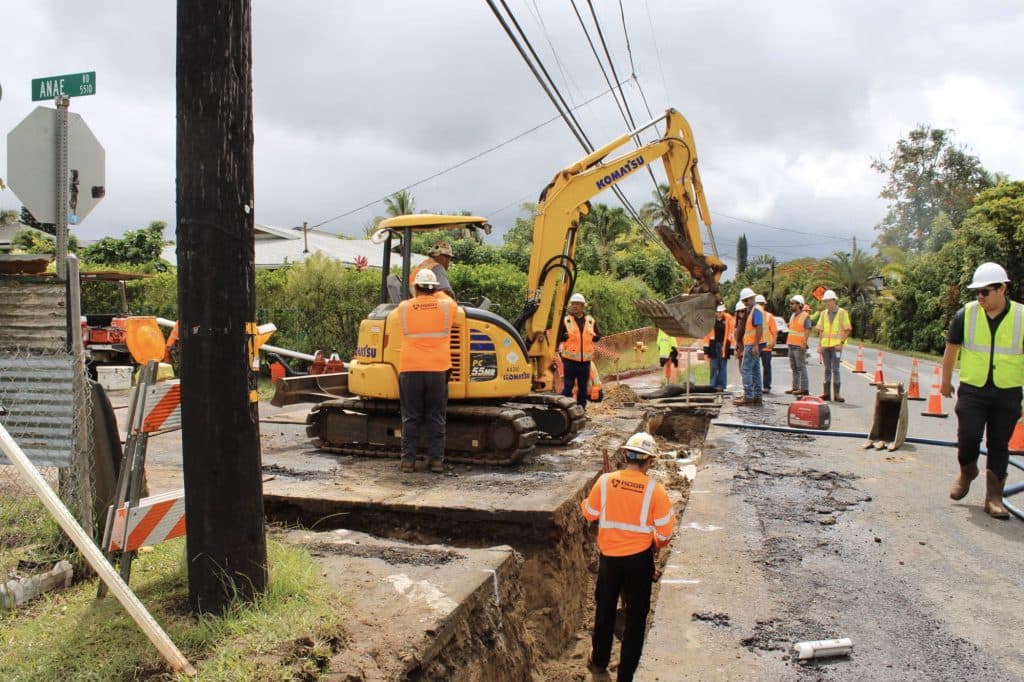State Adds Parking Fees, Wailuā River Park Included for Nonresidents
The Hawaiʻi Department of Land and Natural Resources announced on November 20 that four additional state parks will begin charging parking fees for nonresidents and commercial vehicles, with Wailuā River State Park in Kapaʻa added for Kauaʻi. Hawaiʻi residents will continue to park free, and revenues will fund maintenance, facility upgrades, and long term resource protection that officials say will help balance visitor access and preserve park resources.

The Hawaiʻi Department of Land and Natural Resources expanded its statewide parking fee program on November 20, adding four sites where nonresidents and commercial vehicles will be charged to park. The move included one Kauaʻi location, Wailuā River State Park in Kapaʻa, joining Wailuku River State Park and Kekaha Kai State Park on Hawaiʻi Island and Puʻu ʻUalakaʻa State Wayside on Oʻahu.
Under the newly expanded structure nonresidents will pay up to ten dollars at most state parks and seven dollars at wayside parks. Commercial vehicle rates will vary depending on vehicle type and operator. Hawaiʻi residents will continue to park free, a policy the department said was intended to protect local access while addressing heavy visitor use at popular natural and cultural sites.
The Department of Land and Natural Resources framed the change as part of a larger effort to improve visitor experience, ease traffic flow, and strengthen stewardship of park resources. Revenues from the fees are earmarked for park maintenance, facility upgrades, and long term protection of natural and cultural assets. At some sites private parking operators will manage daily operations, and the agency identified Republic Parking Northwest as the operator for Wailuā River State Park.
For Kauaʻi residents the expansion means an immediate change at a well visited river park that has long drawn both local families and out of island visitors. The new fees aim to reduce congestion in areas where parking demand exceeds available spaces, and to direct funds into upkeep that has been strained by increasing visitation. Local tour operators and commercial carriers will need to budget for commercial parking rates, which could affect pricing for guided excursions that use state park facilities.
The program arrives amid broader statewide discussions about how to balance tourism with community needs and the protection of wahi pana and other culturally significant landscapes. By targeting nonresident vehicles and commercial operations the department sought to maintain resident access while ensuring that visitors contribute directly to the costs of managing high use sites.
Implementation began November 20, and signage and operational details will be rolled out at the newly added parks. Residents and visitors seeking specifics about payment methods, hours of enforcement, and commercial rate schedules were directed to consult the Department of Land and Natural Resources for the full list of locations and operational guidance. The change underscores ongoing tensions across the islands as officials try to steward limited natural resources in a way that respects local priorities and supports sustainable visitor access.


